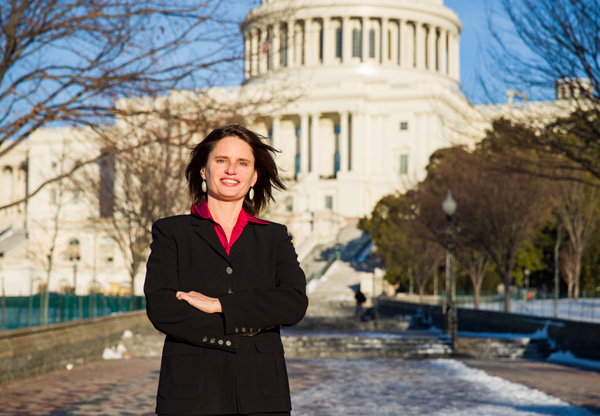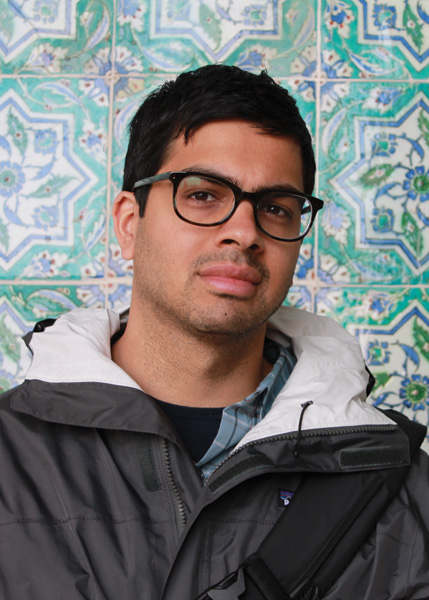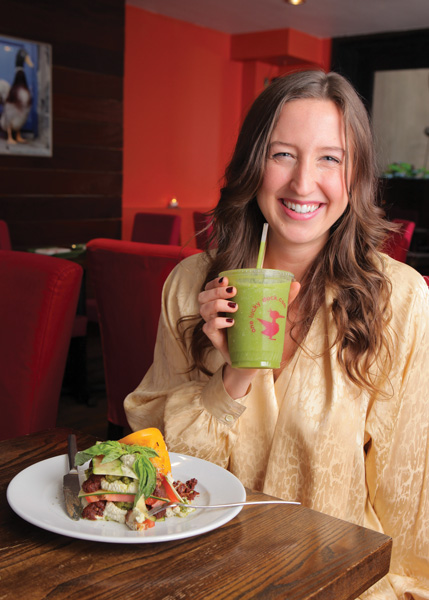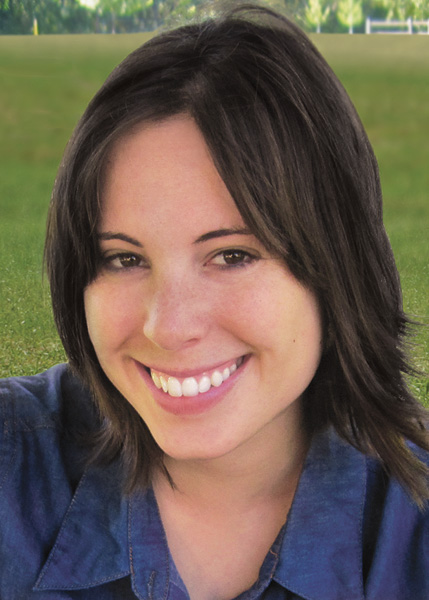After Vassar

As a student, Susan Prolman ’87 served as president of Save the Animals, the college’s precursor to VARC. She has since gone on to a distinguished career in animal welfare advocacy. While studying at Georgetown University Law Center, Prolman persuaded the administration to develop one of the nation’s first animal rights law courses.
As a government relations counsel for Defenders of Wildlife, Prolman lobbied members of Congress and executive branch officials on issues related to agriculture, international trade, and the National Environmental Policy Act to protect wildlife. She later became the Washington representative of the Union of Concerned Scientists (UCS), and directed lobbying for UCS’s Food and Environment program. She also put pressure on factory farmers to move away from the use of antibiotics.

Prolman did a stint at the Humane Society of the United States, as well, serving as director of international campaigns, a role in which she promoted the welfare of farm animals in China, India, and Brazil. Most recently, she has served as executive director of the National Sustainable Agriculture Coalition, an alliance of grassroots organizations that “advocates for federal policy reform to advance the sustainability of agriculture, food systems, natural resources, and rural communities.”
Though she is vegan, Prolman has met with many small-scale livestock farmers, in an effort to improve their animals’ living conditions. “There are some animal producers—a minority—who make the effort to meet the basic needs of the animal up until slaughter,” explains Prolman—they give the animals freedom to roam outdoors or to stay in comfortable shelter or “allow mothers to stay with their young and allow animals to have social contact as their species requires,” she says. “I try to be respectful of people who try to raise animals better than conventional agriculture.”
While a student at Vassar, Pulin Modi ’02 served as chairperson of VARC as well as chair of the Food Committee, made up of students who work with Campus Dining to ensure that food choices reflect students’ preferences. As part of the committee, Modi worked extensively with Campus Dining to increase vegan food options at Vassar. After graduation, he interned at People for the Ethical Treatment of Animals (PETA), eventually becoming an action team manager, responsible for reaching out to high school and college students through a special program called peta2, focused on youth.

Modi worked with peta2 for several years, traveling across the country to spread the word at concerts and festivals. He also helped college students organize vegan food campaigns, and supervised the “Street Team,” which encourages youths’ animal rights activism and rewards them for efforts like contacting organizations or companies to protest animal abuse, or organizing vegan food campaigns.
Nicky Quinn ’04 works as director of operations at One Lucky Duck, a New York-based vegan raw food company that comprises a restaurant, juice bars, and a mail order operation.
Quinn defines a raw food diet as being “naturally grown wild or organically and sustainably raised fruits, vegetables, nuts, and seeds, and occasionally, sprouted grains.” Most significantly, she says, “raw food cuisine is made with ingredients that haven’t been heated over 118 degrees Fahrenheit—if at all,” to preserve the food’s nutrients and enzymes, making them more nutritious and easier to digest. With the occasional exceptions of honey and bee pollen, raw food cuisine is also vegan.
After graduation, Quinn worked in finance for several years, but says, “I wanted to align my passions with my career,” she notes. “Eating a plant-based diet—mostly raw vegan—not only makes me feel amazing, but it’s also about living compassionately for the animals and the environment, both of which suffer immensely with the consequences of every choice we make.”
One Lucky Duck is the brainchild of Sarma Melngailis, who with her former partner cofounded Pure Food and Wine, New York City’s first upscale vegan restaurant and its adjacent juice bar in 2004. The e-commerce operation, One Lucky Duck, was started one year later.

For over two years now, Quinn has managed One Lucky Duck’s marketing, website, and newsletters. She says she and the company are motivated to “alter people’s perspective about what it means to be vegan.” One Lucky Duck carries a selection of raw vegan snacks, as well as ingredients, supplements, and skin care products, but specializes in raw cookies and crackers like oatmeal cookies (made with raw sprouted oats) and a raw vegan version of Wheat Thins.
Sarah Brown ’09, a former VARC president, decided to go her own way after noticing that a lot of vegan bloggers were advocating imitations of nonvegan food like burgers and dairy. She started the blog, Queer Vegan Food, to promote plant-based foods while also reaching out to the gay community. Last fall, she compiled The Queer Vegan Food Cookbook, an e-book of recipes contributed by vegan chefs and bloggers, including Seiter, Rachel Lee ’08, and Brown’s mother, Joan Lipman Brown ’73. (Sarah is donating all of the proceeds to the Woodstock Farm Animal Sanctuary in Woodstock, NY.)
Brown has also contributed an essay on how she became vegan to Defiant Daughters: 21 Women on Art, Activism, Animals, and the Sexual Politics of Meat, (Lantern Books, 2013), edited by ecofeminist Carol J. Adams, whom Brown had met after inviting her to speak at a VARC event.
—Sara Sezun ’88
Sara Sezun is a writer and playwright living in Boston. She has been vegan for the past 20 years.
